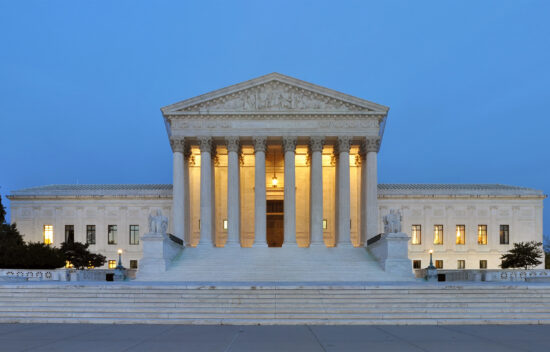 External Post
External PostShould States Stop Having Closed Primaries?

Elections are the bedrock of our form of government, as citizens vote for officials who are charged with governing in accordance to the wishes of the people. But how do we decide who will be running as candidates in our elections? Primary elections are elections in which political parties select the candidate who will run in the general election. In some states, only citizens who are members of a political party can vote in a primary to select the party’s candidate. This system is called a “closed primary,” and has undergone increased scrutiny as we begin another presidential race.
Those who argue that states should stop having closed primaries argue that they are undemocratic. They contend that closed primaries prevent many people from voting in primaries who are not registered as members of a party. This side argues that when so many general elections are landslides, primary elections are very important and should be opened to as many voters as possible. They may also argue that allowing for open primaries could help reduce polarization and encourage candidates to be more moderate to appeal to a wider audience.
Those who argue that states should continue having closed primaries claim that they are an important feature because they allow supporters of a political party to select the best candidate to support their political interests. They contend that open primaries would give undue influence to voters who do not support a party’s platform. They may also argue closed primaries won’t moderate candidates.
So, what do you think? Should States Stop Having Closed Primaries? Students can answer Yes, they should; No, they should not; or a nuanced answer in-between! Be sure to submit your responses by February 15th to be considered for this week’s contest.
Note: Ideal Think the Vote responses include the following:
- Address the question asked in a thoughtful and meaningful manner
- Use cited facts and constitutional arguments when appropriate to support their answers
- Are expressed in cohesive sentences and are free of distracting spelling, punctuation, and grammatical errors
- They address counterarguments and opposing concerns in a respectful manner
- They organize their answer in a manner that flows logically and reads clearly
JOIN THE DEBATE BELOW FOR A CHANCE TO WIN A $1,000 CASH SCHOLARSHIP!
For this question, BRI will be giving away two $25 gift cards, one to each person providing the best defense of each side of the debate. Both students will also win BRI swag. Each student winner will also be entered for a chance to win a grand prize of a $1,000 cash scholarship. Additionally, the referring teachers for both students will each win a $25 gift card and BRI swag.
This question will run from 2/1/24 to 2/15/24, so be sure to submit your answers in time to be considered for our prizes!




